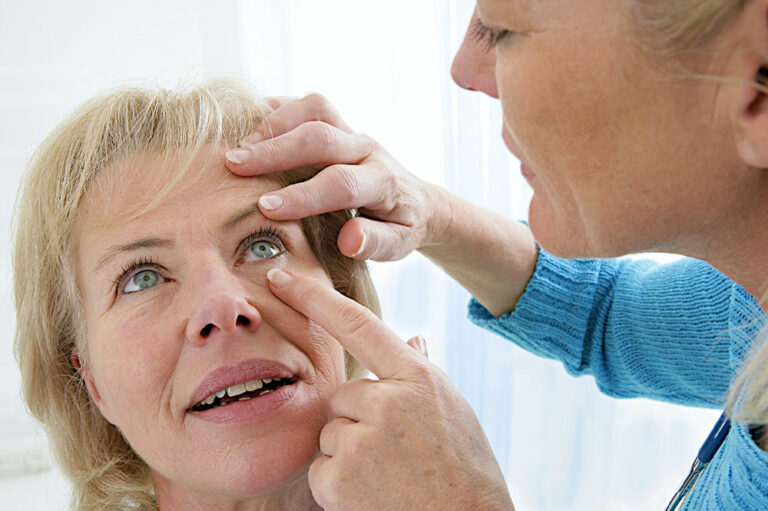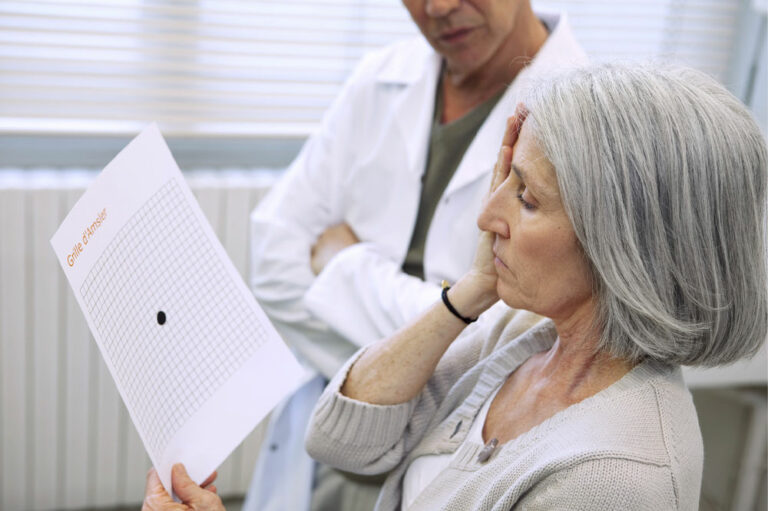
11 Ways to Manage Anxiety Naturally
It’s normal to be anxious about certain aspects of everyday life. You can think of anxiety as a by-product of leading a busy life. And it isn’t necessarily bad. A bit of nervousness prepares you for the possible danger and helps you calculate the risks. But, if anxiety becomes a routine affair, you must act before it snowballs. Below we list some natural methods to deal with anxiety every day.
Spend time outdoors
Getting outdoors and spending time amidst nature can positively impact your mental well-being. Studies prove that spending time in fresh air is an excellent mood elevator. It has significant cognitive benefits and is the perfect way to reduce anxiety. Outdoor time is also advantageous for physical health.
Be physically active
Exercising is necessary not only for physical health but also for mental health. Though it’s hard to understand the connection between the two, studies suggest that exercising can be an excellent way to alleviate anxiety symptoms. When you’re physically active, you take your mind off the things that bother you. It triggers your body to release endorphin, a natural feel-good hormone.
Meditate
Meditating slows those racing thoughts of worry and helps manage stress better. You can try various meditation styles, such as meditating during yoga. Mindfulness meditation is another successful therapy in anxiety management and has proven effective for anyone dealing with mood-related issues.
Try gardening
Gardening triggers the brain to release mood-boosting chemicals, helping ease anxiety. Moreover, it’s an excellent way to spend time in the lap of Mother Earth. It can be beneficial for your mind. You can call a local community garden and volunteer if you don’t have a personal yard or lawn.
Cut down your caffeine intake
Caffeine helps you stay alert, but it may trigger anxiety if consumed in high doses. So, if you’re susceptible to anxiety, be cautious of how much caffeine you consume daily, especially if your intake is doing you more harm than good. It helps to switch from fully caffeinated coffee to decaf or half-caf options. Herbal teas like green tea that don’t contain caffeine are also excellent alternatives to your morning hot beverage. Not drinking too much caffeine will motivate you to drink more water, which is equally good for mental and physical well-being.
Practice alternative therapies
Several alternative therapies are beneficial in simmering down your anxiety. A few examples are massage therapy, acupuncture, aromatherapy, and hypnosis. Massage therapy uses body massage techniques to lower anxiety and reduce cortisol or stress hormones in the body. Acupuncture is a technique where experts place tiny needles at specific pressure points on the body to trigger the nervous system and alleviate anxiety. Aromatherapy positively impacts the limbic system if employed correctly; it’s the part of the brain that controls emotions. Finally, hypnosis works like mindfulness but is performed by trained therapists. It eases the mind and puts it in a relaxed state via different techniques.
Laugh more
Laughter and humor can positively impact mental and physical health. It lowers anxiety and stress levels by reducing hormones like epinephrine, dopamine, and cortisol and increasing endorphin production. Laughter also amplifies the antibody-producing cells in the body and helps you focus better. Moreover, it helps divert your mind from intrusive and anxious thoughts about the future. Hence, laughter is the best way to calm anxiety naturally.
Keep your blood sugar levels in check
Whether you have diabetes or not, loading up on junk and skipping meals lowers your blood sugar levels, making you anxious, jittery, and irritable. Thus, doctors recommend two snacks and three balanced meals every day. Go for foods rich in fiber, nuts, fruits, vegetables, cheese, and low-fat milk. People with diabetes must also follow the treatment recommended by the doctor.
Journal it
Before looking for ways to combat anxiety, try to assess the situation. The best way to do it is by writing it all down. You can journal on a computer screen, a piece of paper, apps on your phone, or anywhere you find convenient. Journaling helps identify the situations that trigger anxiety. In fact, penning down your thoughts is an excellent way to lower stress levels in itself. It tends to lower the harsh impact of stress and make anxiety feel more manageable. It also has many long-standing benefits and uplifts your mood and wellness. For instance, journaling helps you organize and clarify your feelings and thoughts, become self-aware, understand the factors that possibly add to your anxiety, process negative emotions and thoughts, and cope better. Further, it enables you to learn the unnecessary stressors and devise a plan to combat them. You can restructure the self-defeating thoughts and gain a perspective on negative events. Journaling helps you brainstorm the problems in your life and look for possible solutions and options.
Get off social media for some time
Do you feel stressed or anxious if you don’t check your Snapchat, Facebook, Instagram, Twitter, or other social media accounts? If yes, it’s a problem. It’s time to take a break from social media. Start by slowly reducing daily time spent on your computer, tablet, or phone. It can help ease your anxiety levels. You can use software or tools to track the time spent on devices and take steps to get it into a healthy number.
Take deep breaths
When you take deep breaths, the body feels it’s time to relax and alleviate anxiety. Moreover, your attention switches to your breathing instead of the chaos surrounding you. You can practice deep breathing for a minute or two and count up to five every time you inhale and exhale.
If you don’t take measures to monitor anxiety, it can severely impact the quality of your life. So go ahead and try these tips today.





